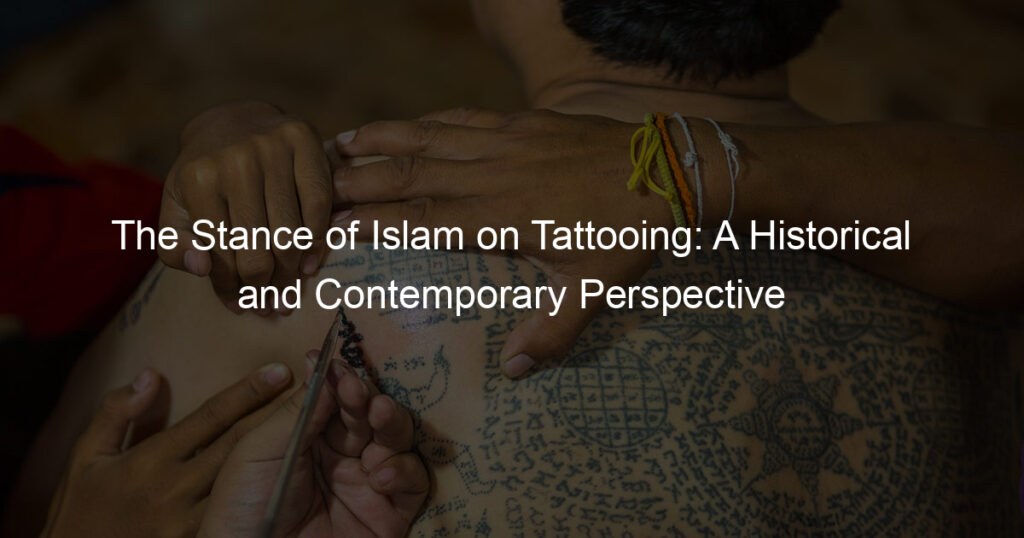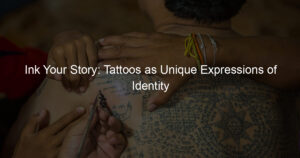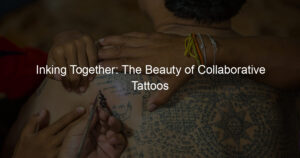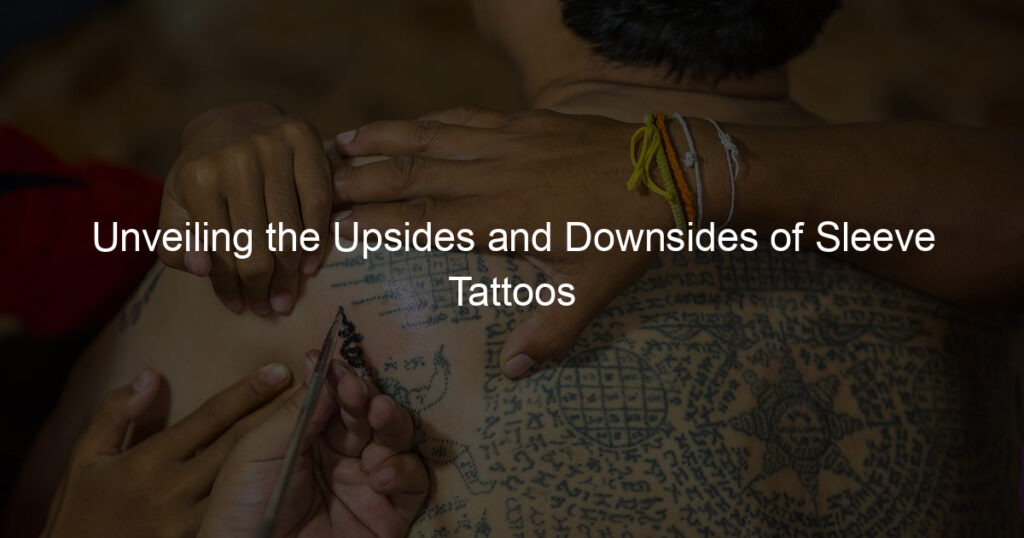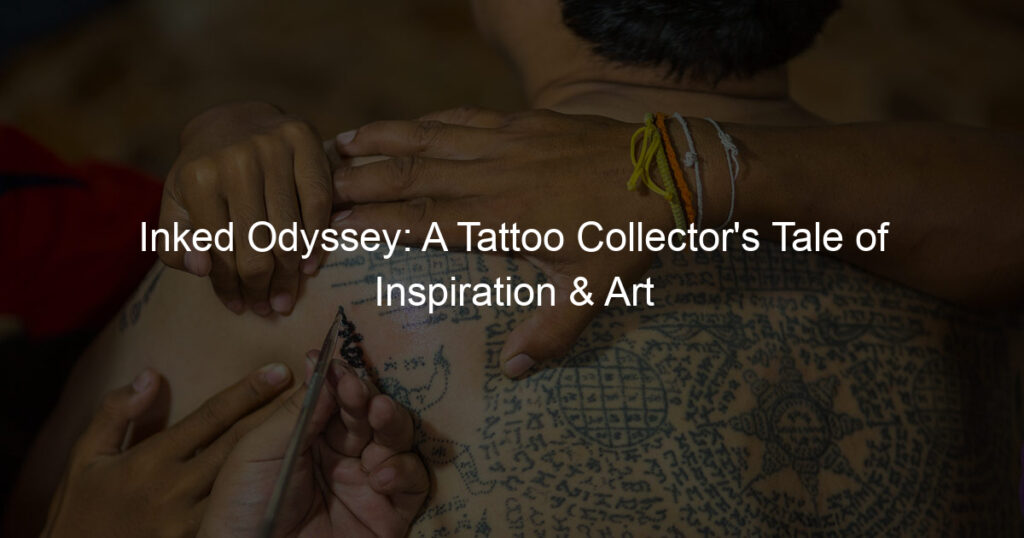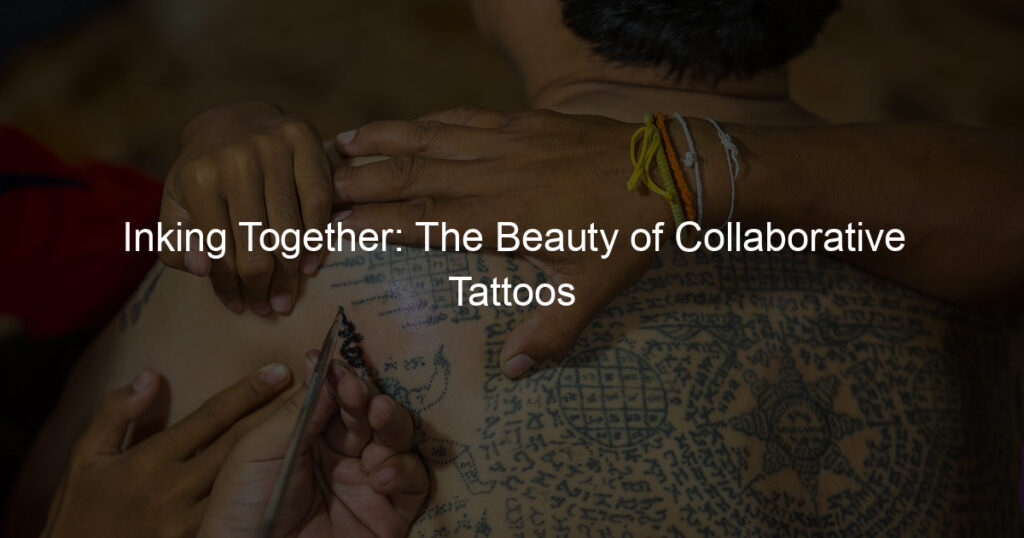Most people in the West are unaware of the stance that Islam takes on tattooing. This is understandable, given that the mainstream media largely perpetuates the idea that Muslims are primitive and backward. However, the truth is that Islam has a rich and complex history with tattoos – one that is both deeply rooted in tradition, and yet also very much alive in contemporary society. In this post, we’ll explore the Islamic perspective on tattooing, both historically and in modern times.
What is the Islamic view on tattoos?
The Islamic faith carries multiple perspectives on tattoos that can be defined as generally negative. Those of the Muslim faith believe that they should not deface their bodies, as it is seen to detract from the overall beauty of a person. Additionally, Muslims also stand by the concept that any artwork created needs to have its creator honored; therefore, tattoos are not approved because they go against praising Allah.
However, in certain cases where medically-related tattoos may benefit an individual and follow the ethical codes of Islam, they can be allowed. Ultimately though, the decision comes down to an individual’s perspective – some choose to adhere strictly to these Islamic beliefs while others may feel differently about it.
What is forbidden to be used in art by Islamic belief?
According to Islamic belief, Islamic art is not allowed to contain depictions of people or animals. Symbols and abstractions can be used in artistic expression, however. Religious icons and idols are also avoided in religious artwork. Non-representational calligraphy is one example of Islamic art that does follow these guidelines; beautiful words from the Quran or other sacred texts are written out as part of the design.
Art depicting non-human figures such as plants, geometric shapes, and so on is not only accepted under Islamic practice, but it can offer additional cultural context for viewers. Through non-representational art, stories from within the culture can be shared without running afoul of any religious doctrine.
Is it haram to get a tattoo in Islam?
According to Islamic law, tattoos are considered “haram” or not allowed. This is because many Muslims believe that changing their body in any way could offend Allah and is prohibited. While this opinion has always been held by conservative Muslims, it has become more widespread with time, as tattoos have become increasingly popular, especially among younger generations.
However, more moderate schools of thought suggest that it depends on what type of tattoo you get and whether or not the design contains words from the Qur’an or images related to Islam such as religious symbols or figures. Ultimately though, it’s up to the individual Muslim and various perspectives exist on this issue throughout the Muslim world.
Is it haram to get tattoos to cover scars?
It’s a tough decision to make – getting a tattoo to cover up scars. On the one hand, you may want to remove any reminders of trauma or difficult times, while on the other hand, you might wonder if getting a tattoo is breaking religious norms. Ultimately, whether or not getting a tattoo is haram comes down to individual interpretation.
Everyone’s situation and motivations are different, so depending on how you feel about it and how your religion guides you, you may decide that getting a tattoo is an acceptable way to move past physical or emotional pain. Ultimately though, as long as it doesn’t harm anyone else and helps with healing yourself then only you will know if it is right for you.
Why do Islamic art limits only to using designs and patterns of geometry and floral?
Islamic art is a unique and fascinating form of ornamentation that often consists only of intricately arranged patterns and designs. These characteristics are primarily because some interpretations of Islamic religious traditions forbid any depictions of animate figures in artwork or decorations.
This means that instead of depicting animals, landscapes, or other images, Islamic art is limited to abstract shapes such as circles, squares, stars, and flowers. This limitation has inspired many creative interpretations by Islamic artisans over centuries.
Consequently, every person interpreting Islamic artworks can find unique meanings in the intricate geometry and floral designs used throughout the artistic tradition. It’s easy to see why so many admirers are enchanted by this type of artwork!
Summary: The Stance of Islam on Tattooing: A Historical and Contemporary Perspective
To sum up, tattoos are not prohibited by Islamic teachings, although the subject has been hotly debated for centuries. Much of the apparent reluctance to accept tattooing in Islamic culture is rooted in selective interpretation of religious scriptures, as well as cultural and sociological factors.
Ultimately, whether or not an individual decides to get a tattoo is an intensely personal decision that must consider many factors including their religious beliefs. For those seeking to adhere to Islamic guidelines while embracing modern body art trends, there are now numerous respected institutions and artists who specialize in providing ethical and culturally sensitive services.
Moreover, by understanding the historical and contemporary stance on tattooing within Islam, people can form their conclusion with the balance between faith parameters and personal preferences.

